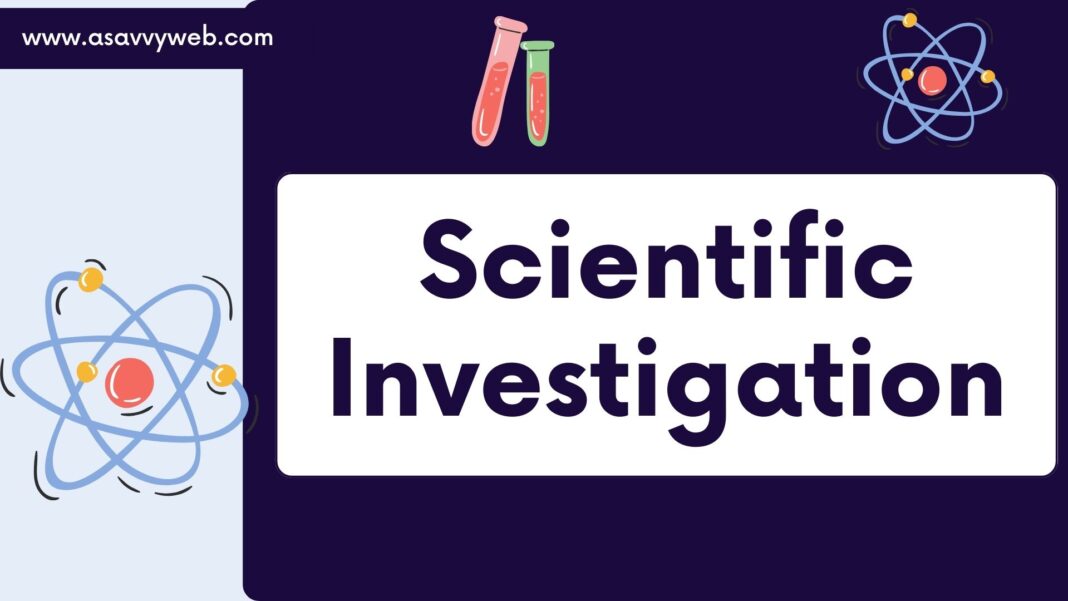What is Scientific Investigation
Today measurements are the basis of scientific investigations. Phenomena are observed, and questions arise about why or how these phenomena occur. These questions are investigated and tested by the scientific method. The scientific methods can be broken down into the following elements:
- Observation and measurement’s (Quantitative data).
- Hypothesis:
A Possible explanations for the observations in other words, a tentative answer or an educated guess.
- Experiments:
These testing of a hypothesis under controlled conditions to see whether the test results confirm the hypothetical assumptions, can be duplicated and are consistent. If not more observations and measurements may be needed as per requirements.
- Theory:
If a hypothesis passes enough experimental tests and it generates new predictions and assumptions that also prove correct, then it takes on the status of theory, a well-tested explanations of observed natural phenomena. Even theories may be debated by scientists until experiments evidences decides the debate. If a theory does not holds the experimentation, then the theory should be either rejected without any further experiments or it should be re-experimented or it have to be modified as the experiment results, or replaced by a new theory as per the experiment results.
- Law:
If a theory offer strong resistance or remain undamaged or unaffected the test of many well-designed, valid experiments and there is a great regularity in the results, then that theory may be accepted by scientists as a law. A law is a giving a lot of information clearly by statement in words or mathematical equations that describe a fundamental being connected of living world(Nature). Scientific laws are somewhat analogous to legal laws, which may be replaced or modified if inconsistencies are lated discovered. Unlike legal laws, scientific laws are meant to describe, not regulate.
The bottom line on the scientific method is that no hypothesis , theory, or law of nature is valid unless its predictions are agreement with the experimental (quantitative measurement) results.
No hypothesis theory, or law of nature is valid unless the predictions are in agreement with the experimental results.
Scientific laws describe nature, and legal laws regulate society.

